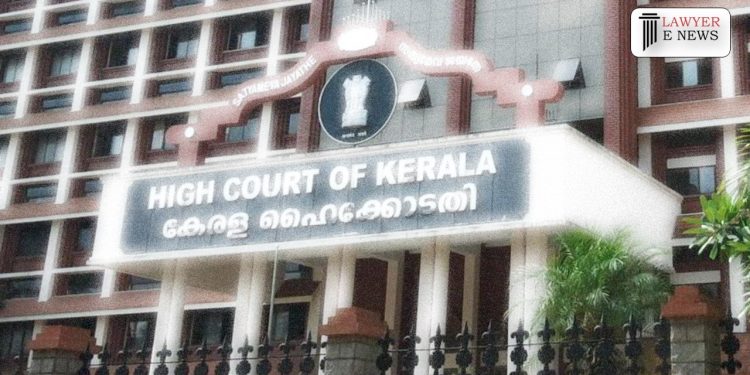-
by Admin
15 February 2026 5:35 AM



In a significant ruling that questions the procedural integrity of organ transplant authorizations, the Kerala High Court, presided over by Justice Devan Ramachandran, set aside an order by the District Level Authorization Committee (DLAC) which had denied authorization for an organ transplant citing alleged inconsistencies in the donor’s altruism.
Justice Ramachandran, in his incisive observation, stated, “I cannot find why the ‘DLAC’ has found that versions of the ‘parties’ who appeared before them, to be ‘wholly inconsistent’.” This remark came in the context of a writ petition challenging the DLAC’s decision to deny authorization for a transplant between two individuals, alleged to lack altruistic motives.
The petitioners, represented by Adv. C.R. Suresh Kumar, contended that the DLAC’s findings in their order (Ext.P12) were egregiously improper, especially given the clear statements of affection and love from the donor towards the recipient. In contrast, the learned Government Pleader, Sri Sunil Kumar Kuriakose, defended the DLAC’s decision, highlighting the need for careful scrutiny in cases where the donor comes from a disadvantaged class.
Justice Ramachandran’s judgment scrutinized the DLAC’s interpretation of the relationship between the donor and the recipient, finding no inconsistency in their statements. The court emphasized the need for a fair and just process, especially in life-and-death situations like organ transplants. “The ‘DLAC’ appears to have taken the view being swayed by the social status of the donor, who appears to be from a disadvantaged one,” Justice Ramachandran noted, addressing concerns of potential exploitation in such delicate cases.
The High Court directed the DLAC to reconsider the matter, taking into account all relevant documents and statements, including the “Certificate of Altruism.” The judgment mandates a fresh order from the DLAC within one week of receiving a copy of the judgment, highlighting the urgent nature of the case due to the life-threatening situation of the recipient.
This ruling has shed light on the critical role of judicial oversight in administrative decisions, especially in matters as sensitive and vital as organ transplantation, where the balance between procedural rigidity and human empathy must be carefully maintained.
Date of Decision: 6 November 2023
RAMACHANDRAN P. VS STATE OF KERALA
